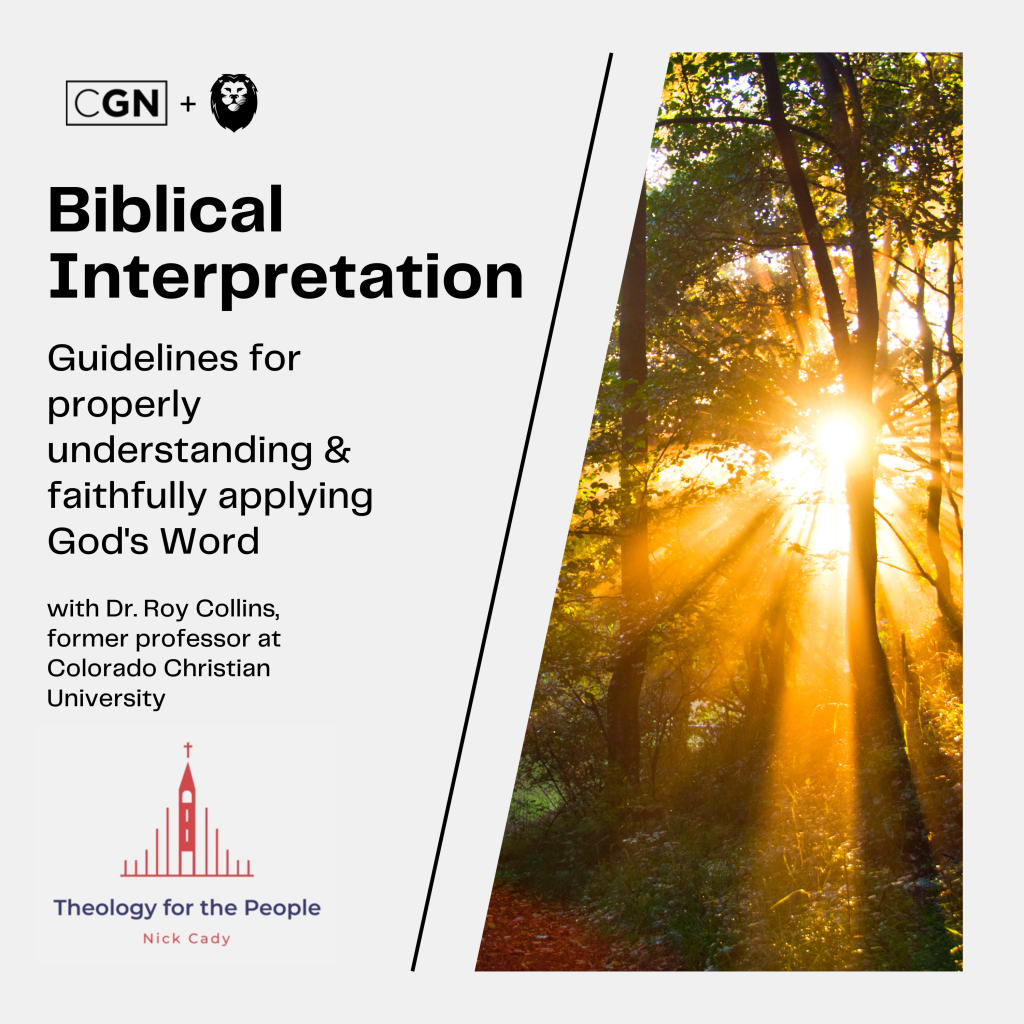In case you missed Part 1 of this post, you can read it here.

There was a BBC article published this past Sunday about the beliefs of people in England regarding the resurrection of Jesus and life after death.
According to their survey:
- 25% of people who call themselves Christians in Great Britain do not believe that Jesus resurrected from the dead.
- Only 17% of the general public in Britain believe word-for-word the account of Jesus’ resurrection.
- 10% of non-religious people in Britain believe that the Easter story contains some truth, but only 1% believe it is literally true.
- 21% of non-religious people believe in life after death.
- Of these, 65% said they believe that their soul would go to heaven or hell, and 32% believe they will be reincarnated.
And here’s the one I find most shocking:
- 31% of British Christians surveyed said they do not believe in life after death.
While someone like me looks at this and sees an incredibly dire situation, the article says that Church of England officials were actually quite encouraged by it! Here’s why:
- Because it showed that “many British people, despite not being regular churchgoers, hold core Christian beliefs.”
- It showed more regular church attendance amongst younger Christians than older ones.
Maybe it’s me, but in light of the survey it seems like a bit of stretch to say “many” and to say “core Christian beliefs”. Is literally believing in the resurrection of Jesus from the dead not considered by them to be a “core Christian belief”?
What’s interesting about this is that the Bible directly addresses those who call themselves Christians and yet do not believe that Jesus actually rose from the dead.
In 1 Corinthians chapter 15, Paul speaks first to those who call themselves Christians and do not believe in life after death, and then he speaks to those who deny that Jesus literally rose from the dead. It’s almost like this chapter could have been written for 31% and 25% of British Christians respectively.
The first point Paul makes is that the literal resurrection of Jesus from the dead is and has always been a central tenant of the gospel: the core of Christian belief, and it is only by believing this gospel that we are saved. (1 Corinthians 15:1-4)
The second point Paul makes is that not only was the death of Jesus foretold by the Scriptures, but so was his resurrection. (1 Corinthians 15:3-4)
The third point Paul makes is that there were hundreds of eye witnesses still alive at that time who could attest to having seen Jesus alive after his crucifixion. (1 Corinthians 15:5-8)
Then Paul goes on to say (Vs 12-15) that if there is no life after death, then all of the apostles and Christians were liars, because they told people that Jesus had risen from the dead and that they had seen him.
If they had lied about this, they either did it knowingly or unknowingly. If they did it knowingly, then they are intentionally conning people and they should therefore not be trusted. If they lied unknowingly, that means that they are delusional and should not be followed, because they are, to put it crassly: deranged.
Next, Paul says that if there is no life after death, then Christian faith is pointless, and they have just been wasting their time and believing in a fairy tale (Vs 17-18) – and ultimately there is no hope, and no good news. And if this is the case, that Christianity is just another form of moralism and empty rituals, then Christians are the greatest fools in the world. (Vs 19, 30-34)
If in Christ we have hope in this life only, we are of all people most to be pitied. (1 Corinthians 15:19)
But… if Christ is truly and literally risen from the dead, then that means that God has broken a hole in the pitiless walls of this broken world, and made a way for us to be saved! And Jesus is the first fruits of those who will be resurrected from death to everlasting life.
And the day is coming when the perishable puts on the imperishable, and the mortal puts on immortality, then shall come to pass the saying that is written:
“Death is swallowed up in victory.”
“O death, where is your victory?
O death, where is your sting?” (1 Corinthians 15:54-55)
And because that day is coming, we can have the confidence in whatever circumstances we may face in this life to be steadfast, immovable, always abounding in the work of the Lord, knowing that in the Lord your labor is not in vain. (1 Corinthians 15:58)
The story of Jesus’ resurrection is an integral and indispensable part of the good news of the gospel: the core message of Christianity. The hope that we have as Christians is based on it. To deny it is to deny Christian belief and to try to change Christianity into a form of moralism full of empty rituals which encourages condescension towards God and towards other people of faith, but which leaves you as a person worthy to be most pitied because you are without hope in anything greater than yourself.
If however, you believe in God, then let me ask you the question Paul the Apostle asked the crowd at his own trial: Why is it thought incredible by any of you that God raises the dead? (Acts 26:8)
It would be incredible if you or I raised someone from the dead, but if God is God — the creator and sustainer of life — then such a thing is neither impossible nor even difficult for him.
May you be filled with true belief this Easter season, so that you may believe, and in believing have life! (John 20:31)















